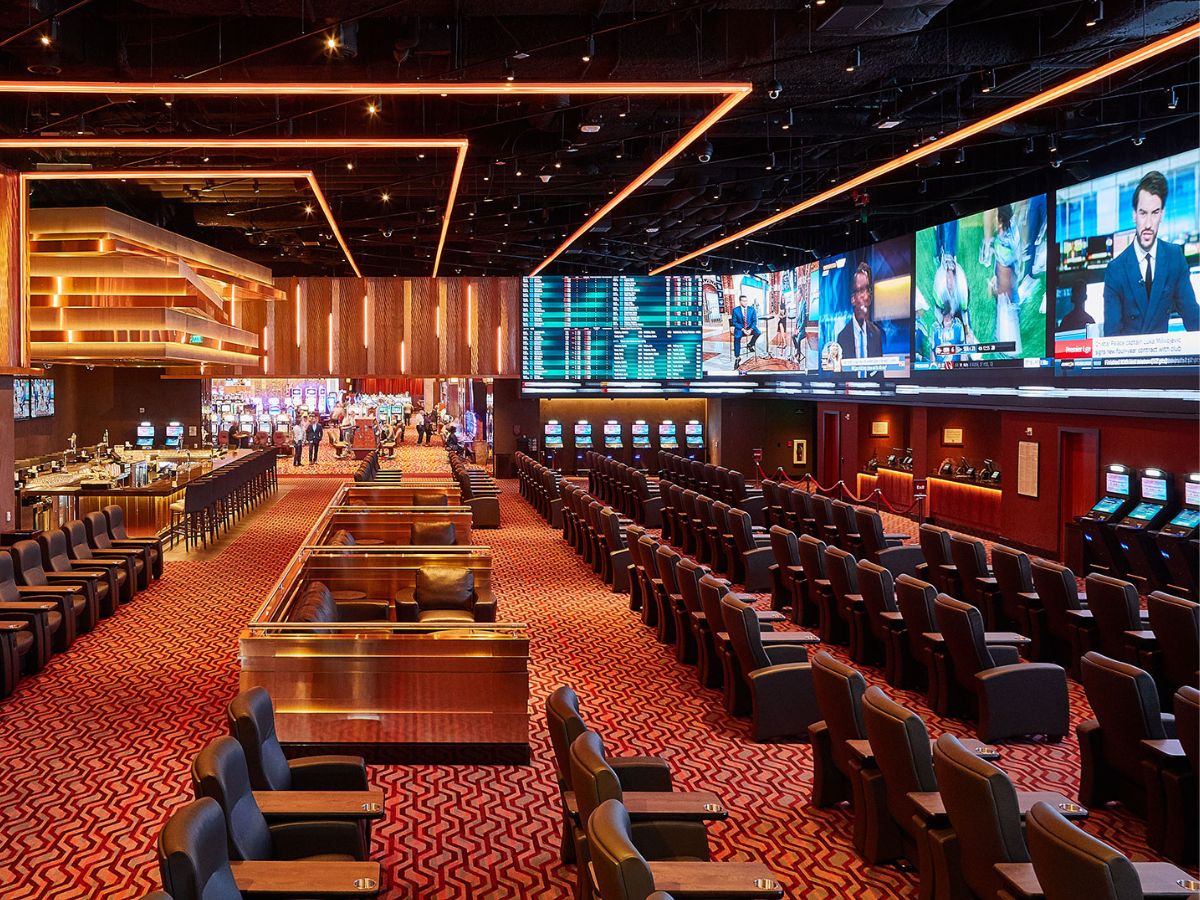
Casino games have long been a significant aspect of human culture, providing not just entertainment but a fascinating reflection of our aspirations, wishes, and concerns. From the spinning reels of a slot machine to the skill-based strategies of poker, these games embody a variety of human emotions and experiences. At their core, casino games are more than a chance to earn cash; they are a reflection of life itself, where risk versus reward converge and luck can change in an instant.
As players assemble around tables or sit in front of vibrantly illuminated machines, they participate in a tradition that transcends mere betting. These games echo our natural desires for connection, excitement, and the search for fortune. They also reveal deeper truths about human psychology, such as our relationship with fate and the thrill of risk. In exploring casino games, we uncover not only the rules of play but also the complex weave of the human story, showcasing our intertwining narratives of hope and reality.
The Psychology of Gambling
Wagering is intrinsically connected in human psychology, appealing to various feelings and desires. The excitement of risk-taking is a fundamental aspect that attracts participants, be it the thrill of spinning a roulette or the anticipation of drawing a winning card in poker. This adrenaline is frequently likened to other forms of excitement, as the unpredictability of outcomes elicits a unique psychological response. Players often become entranced by the chance of striking it rich, leading to an almost magnetic draw toward casino games.
Another, a crucial component of the psychology behind gambling is the concept of optimism and aspiration. Players often indulge in dreams of financial freedom and the opulent lifestyle that can follow winning. This optimism fuels their continued participation in gambling, as it provides a sense of meaning and the conviction that a life-changing win could be just one bet away. The story of overcoming odds and achieving success resonates with many, strengthening their commitment to play and engage with these games.
Lastly, social aspects play a significant role in gambling psychology. Casino environments are designed to promote social interaction, where gamblers gather to share the journey of wins and losses. This communal aspect not only amplifies enjoyment but also influences behavior, as individuals often mimic the actions of others around them. The social validation found in shared excitement can enhance the emotional experience, making casino games a mirror of not just personal desires but also collective engagement within the gaming community.
### Risk and Reward: A Double-Edged Sword
Casino games embody the delicate balance between danger and reward that resonates profoundly with the human experience. The thrill of placing a bet is often accompanied by a jolt of energy, as gamblers are confronted with the prospect of a huge payout, yet cognizant of the possibility to suffer losses. This twofold experience reflects a core aspect of life: the paths we choose often come with intrinsic risks, and the quest for benefit can push us to take chances we might not typically consider. In this way, gambling activities mirror real-world decisions, enticing gamblers to risk not just their funds, but also their hopes.
The allure of jackpot prizes and winnings fuels a wave of hope, motivating gamblers to envision a better future that could arise from a fortunate turn of the roulette or flip of a card. This positive outlook can compel individuals to engage in greater risks, urging them to extend their limits in search of monetary success. However, just as in life, the results of these risks can lead to both victory and loss. The stories of both jackpot winners and those who have lost everything at the casino demonstrate the unpredictable nature of luck and its significant repercussions on our existence.
Ultimately, the interaction of engaging with casino games serves as a potent reminder of the human condition. Link vào F168 Every session played is loaded with the tension of uncertainty, as players weigh the gains against the dangers. This balance not only highlights the excitement that comes with betting but also reveals the risks that come with the longing for more. As we journey through the complexities of choice and consequence in both the gambling world and in life, we find that the pursuit of risk and reward shapes our sense of self and lives in profound ways.
Culture and Isolation in Gambling Culture
Casino culture is a distinct blend of social interaction and individual endeavor, reflecting the contrasts of individual experience. Players often gather around tables, sharing in the excitement of the action, celebrating wins, and sympathizing over losses. This social aspect is essential, as it creates a sense of community and camaraderie among varied groups of people. Regular visitors to gaming establishments may form friendships and establish routines, turning the gambling venue into a alternative home where they experience connected to a greater community of gamblers.
However, the allure of casino activities can also lead to isolation. As players become engrossed in the thrill of playing, they may isolate from personal connections or neglect to engage with the world outside the casino. For some, the pursuit of a windfall can distract from genuine connections, leading to isolation. The experience of being surrounded others yet experiencing solitary is not rare, as the attention shifts from shared enjoyment to the private concerns of each individual’s journey.
This interplay of society and solitude creates a rich tapestry that defines casino culture. It showcases the complexity of social interactions, where joy and despair coexist. Casinos serve as both a sanctuary for social engagement and a platform for individual challenges, illustrating how intimately entwined our yearning for connection and the individual quest for wealth can be. In navigating this environment, players confront their own stories—seeking both the thrill of the game and the fellowship of other gamblers, ultimately mirroring the wider spectrum of individual experience.